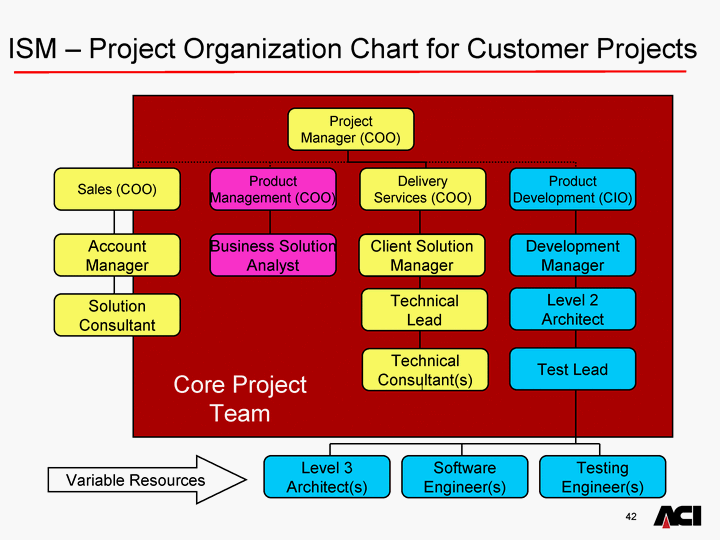5 Tips For Managing Profit And Loss In Your Small Business
One of the most important aspects of running a business is all about managing profit and loss. It is really essential that as a small business you learn to control this as much as possible.

Here are five simple tips that can make managing your profit and loss just a bit easier.
Meaning Of The Terms
Before we look at the tips it is crucial that you understand the meaning of both terms. According to Investopedia.com website, profit is:
“A financial benefit that is realized when the amount of revenue gained from a business activity exceeds the expenses, costs and taxes needed to sustain the activity. Any profit that is gained goes to the business’s owners, who may or may not decide to spend it on the business.”
And loss is:
“The result that occurs when expenses exceed the income or total revenue produced for a given period of time.”
1. Regular Financial Assessment
One of the best ways to start controlling your profit and loss is naturally by having a regular financial assessment. It is crucial that you go over your finances regularly and also focus on your profit and loss sheets carefully.
It is crucial to check against your previous performance as well and to see how your profits and losses are developing. Naturally, you want profits to steadily increase and you want to limit loss as much as possible.
2. Don’t Forget Cash
It is really important that you also keep the amount of cash your business has in mind when you are looking into profit and loss. This is an aspect that business owners often completely forget when they are calculating their net worth and value.
Make sure that you have enough cash at hand in your business’ bank account because this is a really important way of keeping your business running. The economic turmoil isn’t all over yet and cash is crucial for business success.
3. Tools To Track
Your small business should also find the right tools for managing the profits and losses. There are plenty of tracking tools that make it easy to keep an eye on this aspect of running a business.
You can even start using simple Excel spread sheets for tracking your profit and loss. It doesn’t really matter how you do it as long as you do it.
4. Get Accounting Involved
You can get plenty of tips regarding the taxation of profit and loss from your accounting company. It is really important that if your business doesn’t yet have a specialised accountant, you consider at least consulting an accounting company on the issue.
You can find nice accounting tips from Friendly Accountants’ website, for example. Contact companies like this and discuss your specific situation.
5. Keep An Eye On Sales
Sales are naturally an important factor determining profits and losses. Therefore you really need to keep a close eye on how your sales are developing each year. In some situations it is a good idea to consider selling off some business assets in order to make up the loss in sale but sometimes accepting losses can be a more preferable situation for your business.








